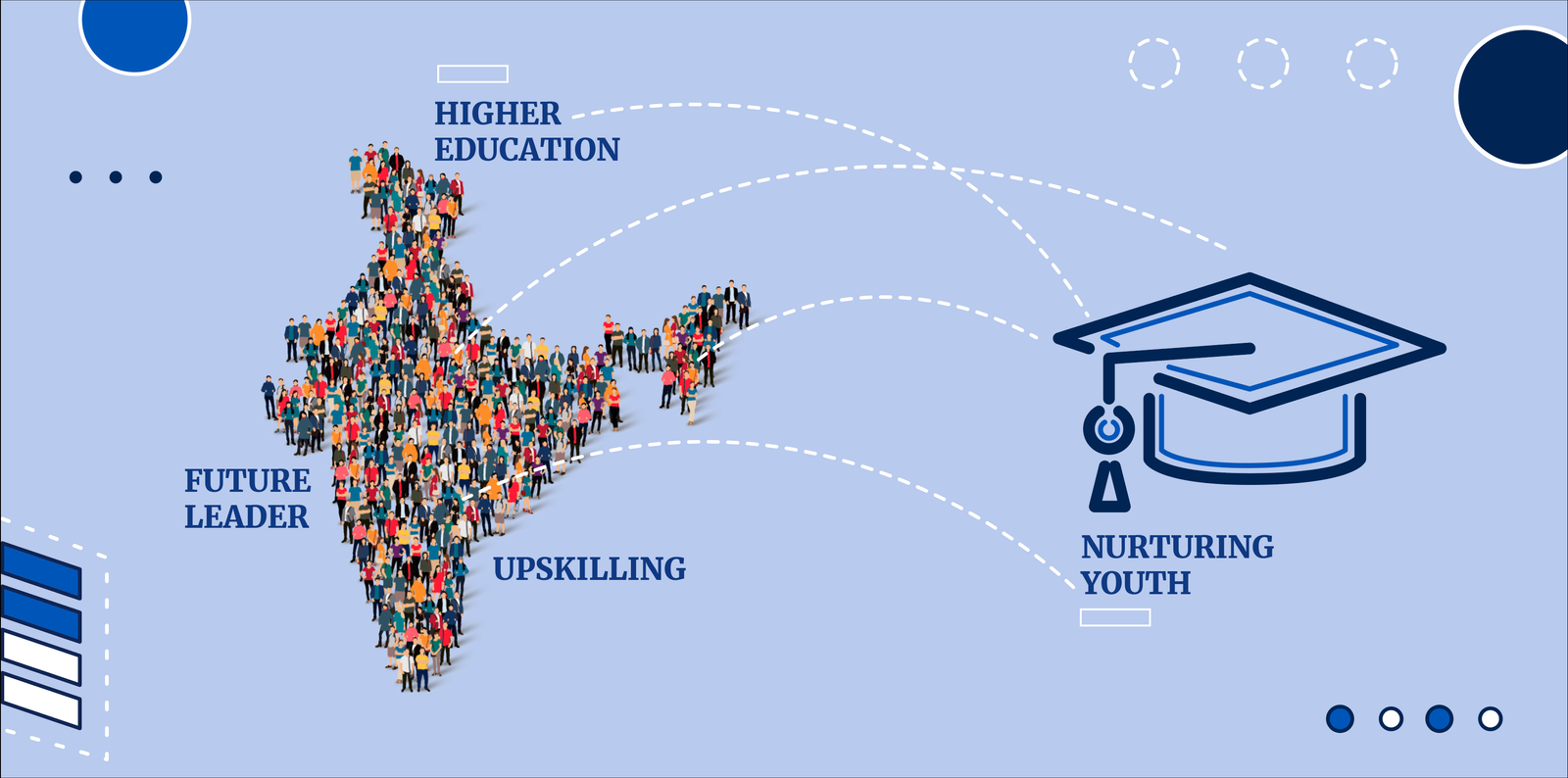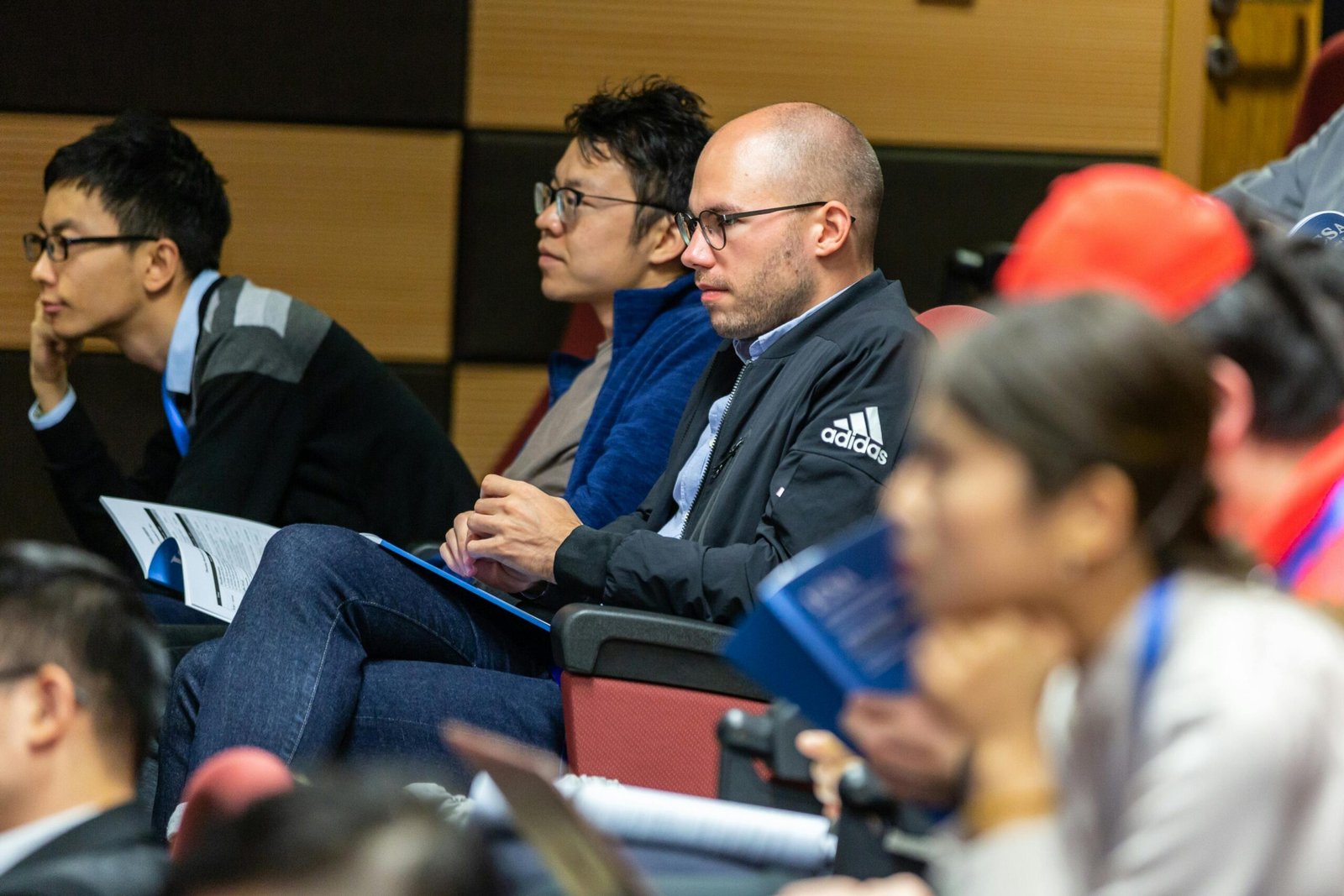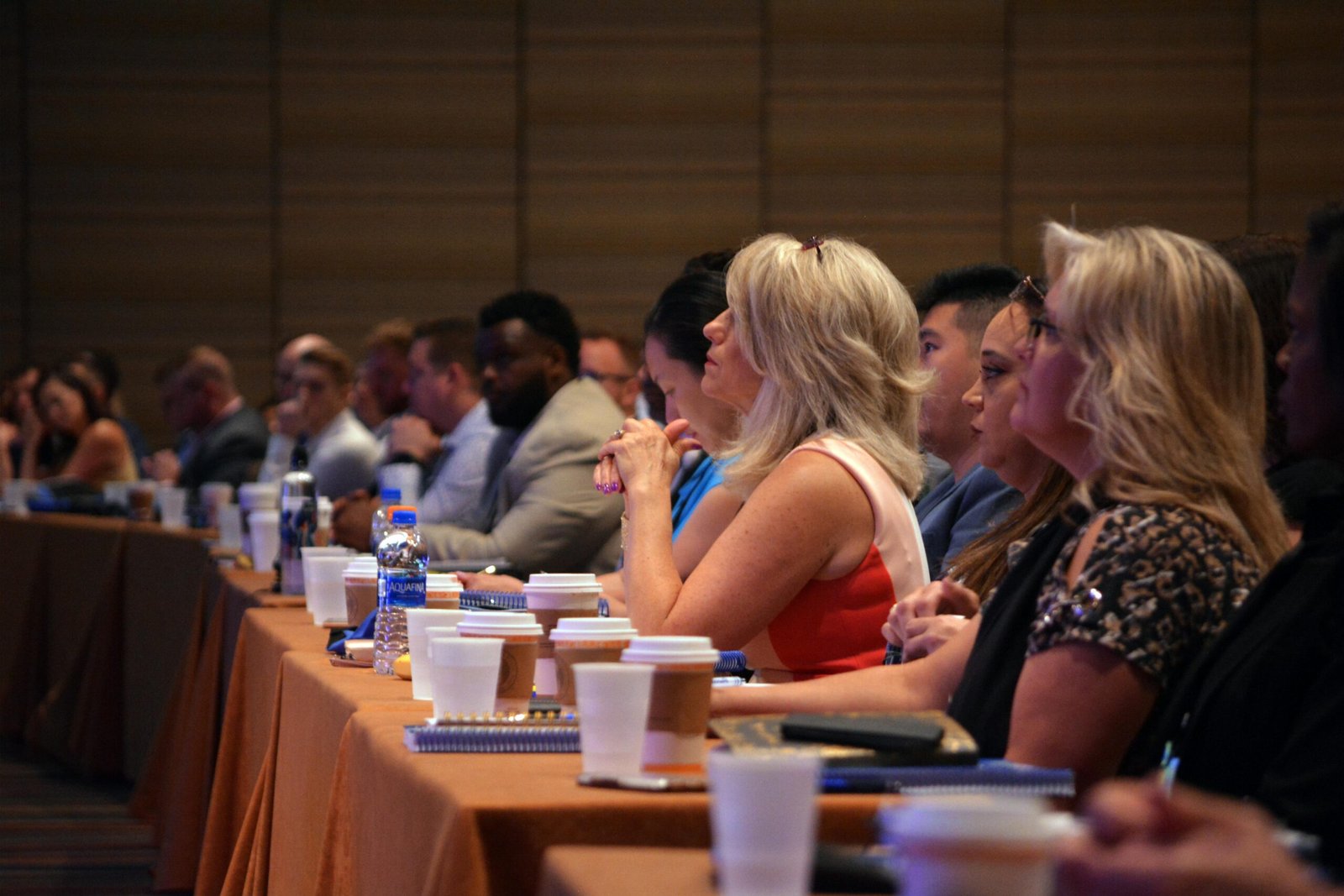Beyond Borders: The Diplomatic Power of Higher Education
Posted by Edunoia on May 23, 2024
Governments have long recognised that education is not merely a national endeavour but a tool that can be wielded to bolster diplomatic relations.
One of the most powerful ways in which governments deploy education for diplomacy is by propagating the youth to assume responsibilities.
Cultural exchange programmes are a potent force in diplomacy. The Peace Corps in the United States is a prime example, instrumental in building bridges of understanding and trust between the United States and various nations.

The World, as we know it today, where interconnectivity and diplomacy are paramount- Higher Education plays an indispensable role in shaping the Geopolitical Landscape. Governments worldwide recognise the value of Education as a trenchant diplomatic asset, wielding its transformative potential to regulate relations between nations, promote cultural understanding, and mould future leaders in the sphere of international diplomacy. This article explores the multifaceted ways in which higher education shapes and enhances geopolitical diplomacy, delving into the mechanisms by which governments employ education as a diplomatic tool. It also examines the nurturing of youth as future diplomats and the advantages of cultural exchange programmes and global leadership initiatives.
Harnessing Education as a Diplomatic Asset
Governments have long recognised that education is not merely a national endeavour but a tool that can be wielded to bolster diplomatic relations. Case in point, the United States has consistently employed educational exchange programmes as a means of diplomacy. The Fulbright programme, constituted in 1946, stands as a prime example of this approach.
To quote the Bureau of Educational and Cultural Affairs, United States- “The Fulbright programme, the flagship international academic exchange programme sponsored by the U.S. government, has fostered mutual understanding between the United States and other countries since 1946.”
For over 75 years, the Fulbright programme’s legacy is represented by hundreds of thousands of distinguished and diverse alumni, who are contributing to a more peaceful, equitable, prosperous, and just world.
Nurturing Youth as Future Diplomats

One of the most powerful ways in which governments deploy education for diplomacy is by propagating the youth to assume responsibilities. Consider Japan’s Ministry of Foreign Affairs in this regard. The Japanese government has set a goal of increasing the number of Japanese staff working in UN agencies to 1,000 by 2025. The Ministry of Foreign Affairs (MOFA) is actively recruiting, training, and supporting Japanese nationals who can play active roles and make contributions on the global stage. This collaborative effort involves partnerships with universities, related ministries and agencies, and various organisations. As part of this effort, MOFA operates the Junior Professional Officer (JPO) programme. This programme sends young Japanese nationals to positions in international organisations for a term of two years, with the primary goal of securing regular staff positions in those organisations following their term.
The 2021-2027 programme places a strong focus on social inclusion, the green and digital transitions, and promoting young people’s participation in democratic life.
It supports priorities and activities set out in the European Education Area, Digital Education Action Plan and the European Skills Agenda.
Advantages of Cultural Exchange programmes
Cultural exchange programmes are a potent force in diplomacy. The Peace Corps in the United States is a prime example, instrumental in building bridges of understanding and trust between the United States and various nations. Since its inception in 1961, over 230,000 volunteers have worked on grassroots development projects worldwide, strengthening diplomatic ties through personal connections and shared experiences.
The Japan Exchange and Teaching (JET) programme is another compelling instance. Launched in 1987, JET recruits foreign individuals to work in Japanese schools and local governments, fostering cross-cultural understanding. Over the years, JET participants have played a pivotal role in enhancing Japan’s global image and nurturing goodwill among nations.
Indian context
Certainly, India also diagnoses the significant role of higher education in shaping diplomacy and has established its own institutes and initiatives in this regard. A noteworthy institution is the Indian School of International Studies (ISIS), which operates under the Ministry of External Affairs. ISIS is devoted to providing education and research in international relations and diplomacy. It offers various programmes and training to prepare future diplomats and foreign affairs professionals.
In India, another organisation of great significance is the Indian Council for Cultural Relations (ICCR). This institution is a dedicated proponent of cultural exchange and education. The ICCR plays a pivotal role by extending scholarships to foreign students, inviting them to study in India. Moreover, it actively supports cultural exchange programmes designed to foster international understanding and goodwill.
Furthermore, the highly esteemed Jawaharlal Nehru University (JNU), situated in the heart of New Delhi, merits recognition for its renowned School of International Studies. JNU’s School of International Studies is celebrated for offering specialised courses and research opportunities in the fields of international relations and diplomacy. This academic institution excels in producing experts and professionals who go on to make substantial contributions in this esteemed field. These Indian institutions contribute significantly to diplomacy, education, and cultural exchange, further highlighting the vital role of higher education in shaping geopolitical relations.
Global Leadership Initiatives
In today’s complex geopolitical landscape, leaders with comprehensive understanding and strong negotiation skills are indispensable. Recognising this, educational institutions worldwide are placing a strong emphasis on developing students’ negotiation and conflict resolution skills.
One of the most notable instances is the Belfer Centre for Science and International Affairs at Harvard- it has made prominent contributions towards the development of next generation leaders across the Globe.
The programmes and initiatives at the Belfer Centre prepare students for the political world- where foreign policies play an instrumental role. It points to the salient place that Higher Education plays an imminent role in upskilling the upcoming generation of Leaders, Politicians and Diplomats.

Conclusion
Education has emerged as a pivotal tool for governments worldwide to construct bridges of understanding, prepare the next generation of envoys, and provide individuals with opportunities to engage culturally. These educational initiatives are serviceable in ministering relationships which, in turn, promote international harmony, prosperity, and unity.
Indeed, education is a vital ingredient of diplomacy, particularly as our world contends with an array of complex issuessuch as climate change and global health challenges.Education transcends national boundaries, acting as a conduit for fostering unity and understanding in our interconnected world through cultural exchange programmes, the preparation of future diplomats, and the implementation of global leadership initiatives.
In conclusion, Indian institutions play a significant role in harnessing the diplomatic power of Higher Education. They can foster international partnerships, promote cross-cultural understanding, and facilitate global academic exchange. These efforts contribute to shaping a more interconnected and diplomatically engaged world.
By doing so, Indian institutions not only enhance India’s soft power but also pave the way for a brighter, more cooperative global future. In this regard, diplomacy, and education work hand in hand to address pressing global challenges, fostering collaboration and peace on a global scale.
Sources:
https://eca.state.gov/fulbright/about-fulbright/fulbright-programme-overview
https://www.mofa.go.jp/policy/other/bluebook/2020/html/chapter4/c040102.html
https://erasmus-plus.ec.europa.eu/about-erasmus/what-is-erasmus?pk_source=website&pk_medium=link&pk_campaign=hp&pk_content=hp-hero


